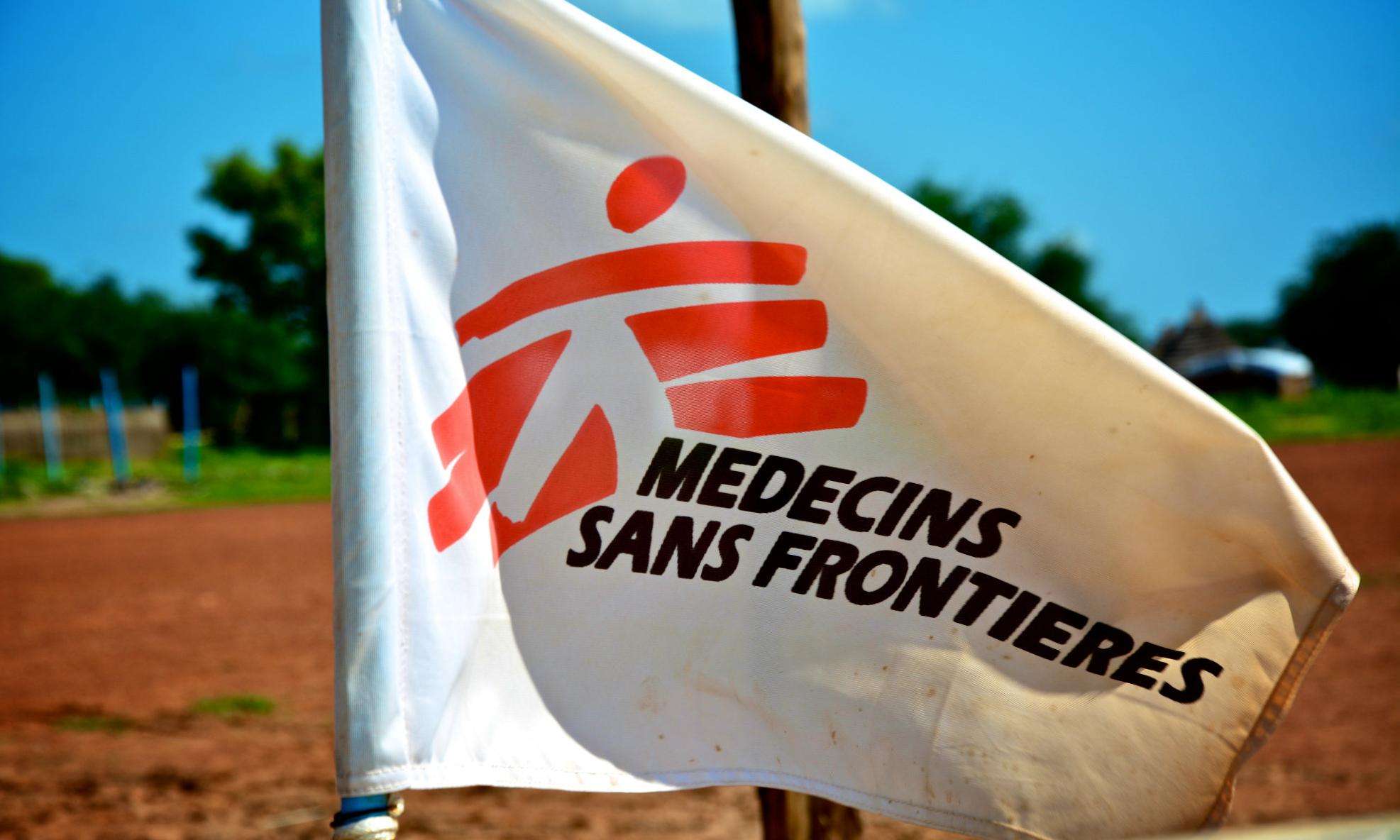Program meant to promote research for neglected diseases seriously flawed
On November 17, 2015, Doctors Without Borders/Médecins Sans Frontières (MSF), the American Thoracic Society, the Drugs for Neglected Diseases initiative (DNDi), the Global Alliance for TB Drug Development, the IDSA Center for Global Health Policy, the Sabin Vaccine Institute, and the Treatment Action Group sent a letter to the US Senate Committee on Health, Education, Labor, and Pensions (HELP) leadership asking for amendments to fix critical flaws in the US Food and Drug Administration’s Priority Review Voucher (PRV) program for neglected diseases.
The US FDA PRV is supposed to reward innovation for companies that invest in research for neglected diseases. Under the program, companies that successfully register a product to treat certain neglected diseases are rewarded with a voucher that allows them to fast-track any of its products or medicines through the crucial FDA review process.
This voucher can be used or sold to another entity, offering an accelerated FDA review with a targeted decision time of six months. To date, three PRVs for neglected diseases and five PRVs for rare pediatric diseases have been issued. Four of these vouchers have been sold, increasing in value, with the most recent PRV sold for $350 million in August 2015.
In spite of this clear and growing value of the incentive, the program has so far failed to ensure that neglected disease medical products are appropriately incentivized and are accessible to the patients and health care providers who urgently need them.
This is due to two key flaws in the design of the PRV program for neglected diseases:
The PRV program should have a novelty requirement. A PRV for neglected diseases can still be awarded even when new R&D investments have not been made by the entity receiving the award or even when the medical product awarded a PRV for neglected diseases is not new.
The PRV program should require an access strategy. The PRV program for neglected diseases does not include any mechanism to ensure patients, governments and health care providers will have affordable and appropriate access to products for which a PRV has been awarded.
As a result, two of three PRVs for neglected diseases were awarded for drugs already in use for a long time in other countries, and in some cases the products earning a PRV are not affordable or even accessible to the people and health care providers who urgently need them.
Now, as the US Senate is preparing to introduce a bill on biomedical R&D legislation there is an opportunity to include amendments to this program.




